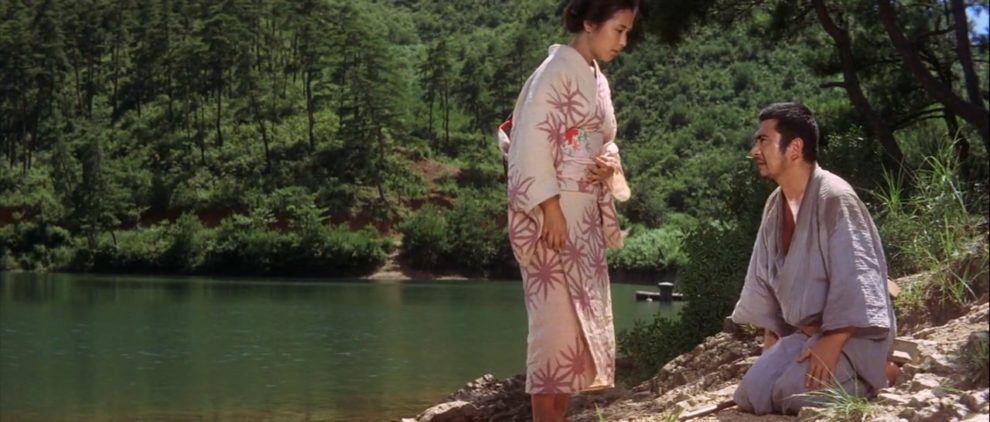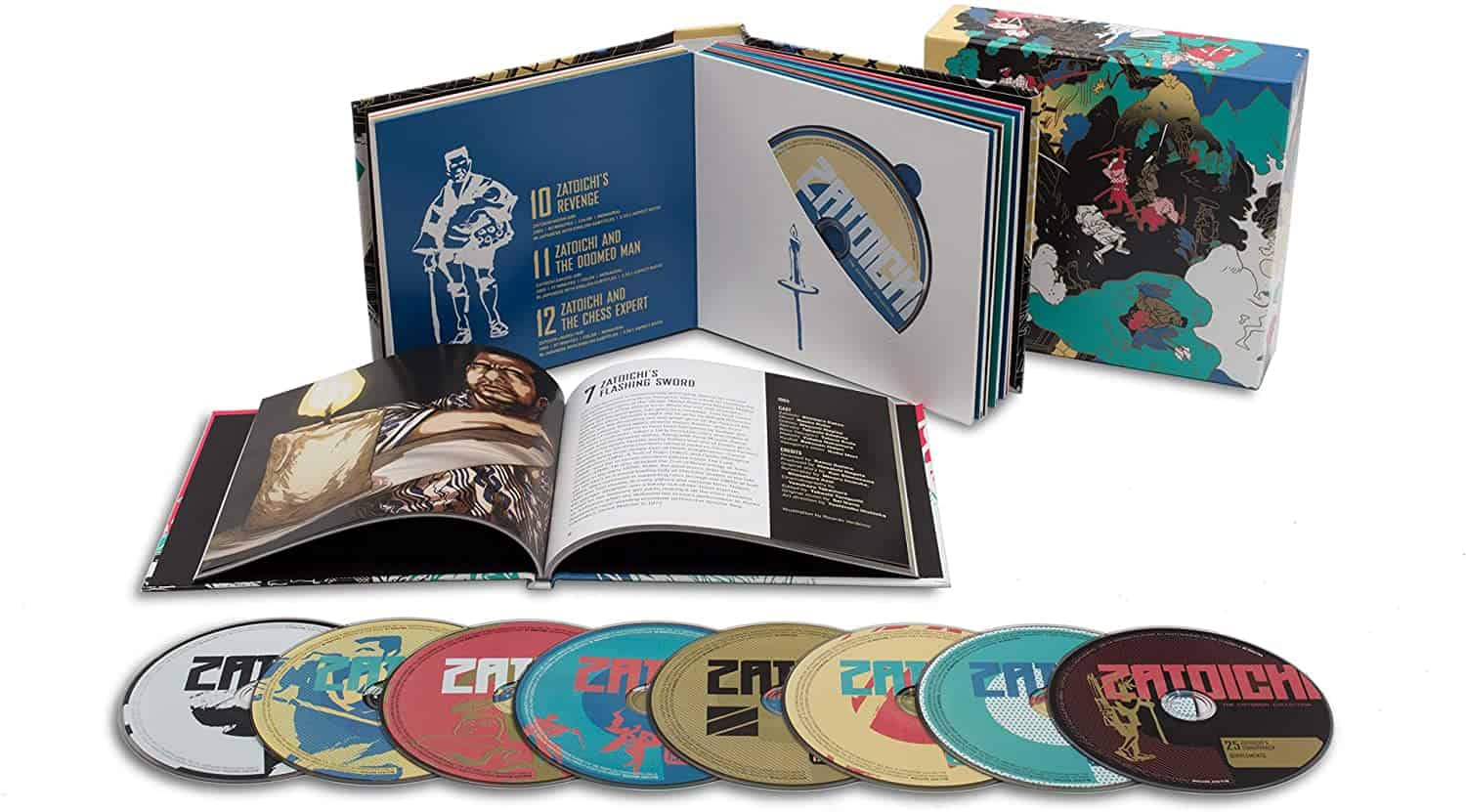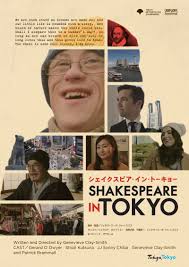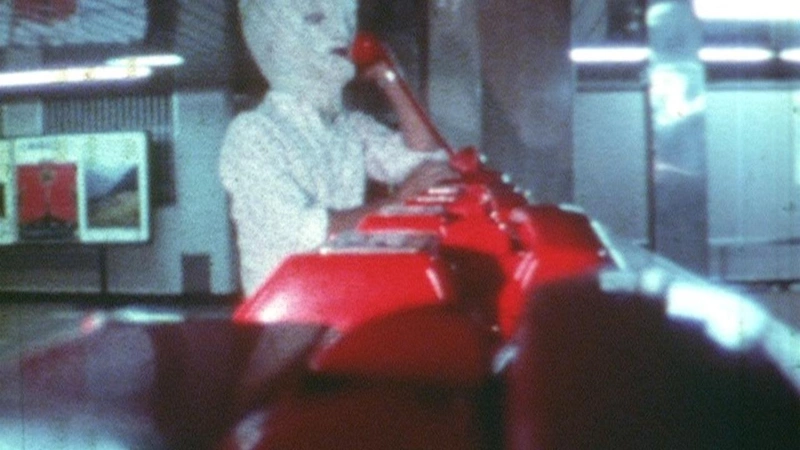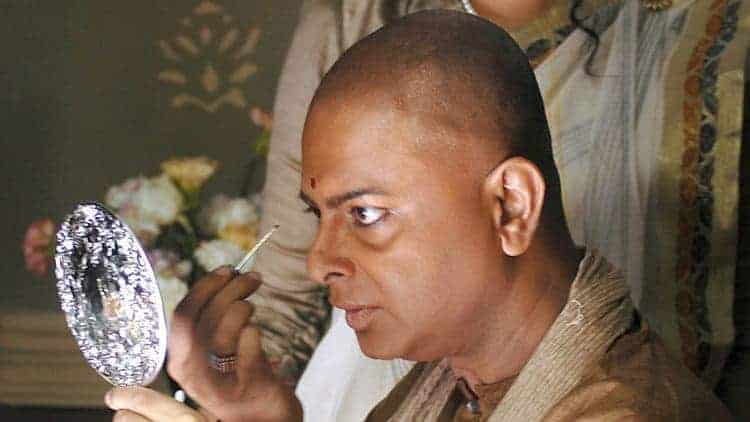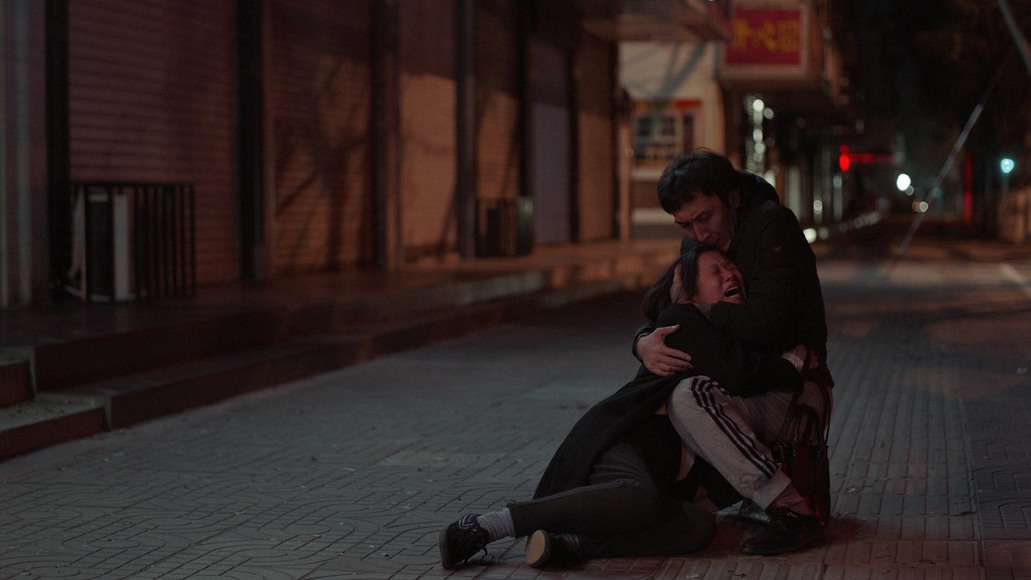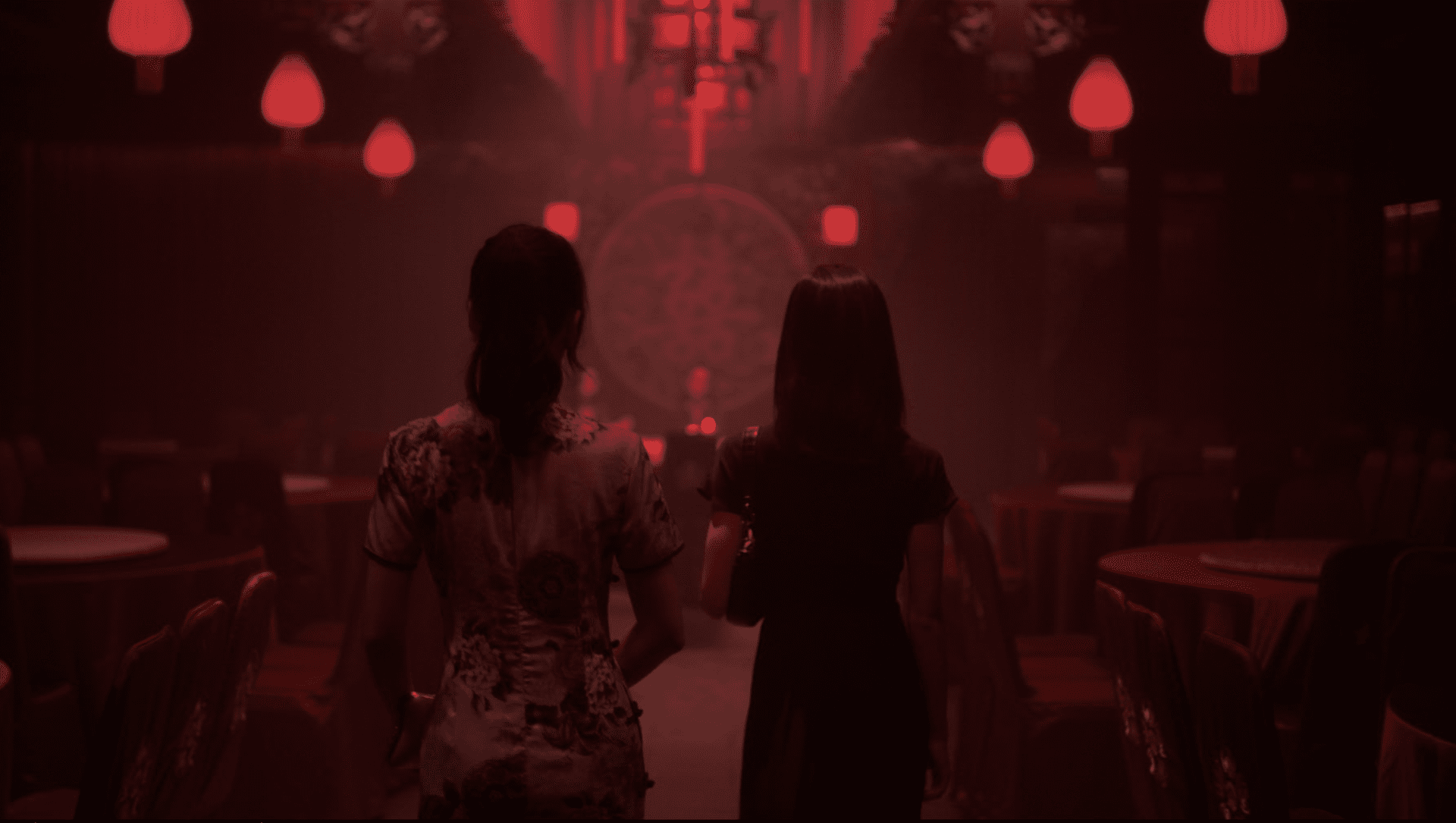Director Kazuo Ikehiro, now on his third and final Zatoichi film, and lead star Shintaro Katsu attempted something different with this, the fourteen entry in the Zatoichi series. They roped in superstar director/screenwriter Kaneto Shindo, who had by then already made the hit productions “The Naked Island” and “Onibaba” and would go on to make “Kuroneko” two years later, to write the script for Ichi's new adventure, in an attempt to bring some freshness to the series.
Buy This Title
The reluctance to kill that Zatoichi showed in the previous films, and particularly in “Zatoichi's Vengeance”, the one that immediately preceded this, has turned into full-blown repentance as he decides to take a pilgrimage to the 88 Temples in Shokiku. Before he embarks on the pilgrimage, he asks but one thing of God: to not make him have to kill again, necessarily or unnecessarily. God, as it turns out, wasn't quite listening well as shortly after, he is ambushed on the road for reasons unknown by Eigoro, who Ichi reluctantly ends up killing.
Guilt-ridden, Ichi follows the slain man's horse to his village where he meets Eigoro's sister Okichi, who strikes Ichi's shoulder with a sword. When she sees Zatoichi's guilt though, her anger vanishes and she decides to nurse his wound and informs him that her brother was set upon Ichi by local bandit boss Tohachi, who has his eyes let on Okichi, their land and the village's income. This sets up Zatoichi's mission: to stay back and help rid the village of Tohachi's terror, despite the rest of the villagers not being very helpful at all.
“Zatoichi's Pilgrimage” starts off promisingly with a lewd story and one of the most shocking moves of the series yet, as Ichi severs a pickpocket's hand and leaves it dangling off a cage, but soon settles down into familiar territory (with no thanks to Daiei Studio's interjection) as he reaches a new village and new people to liberate. Shindo's script, however, has an appealing cinematic quality to it that reminds not only of something like Kurosawa's “Seven Samurai” but also of Sergio Leone's Clint Eastwood starrer “A Fistful of Dollars”. The latter reference particularly is also enhanced by the use of horses and horse-riding goons that distinctly remind of spaghetti westerns.
The feature also boasts one of the best climactic showdowns in these string of stories thus far, in which a seriously outnumbered Zatoichi fights a horde of swordsmen while a desperate Okichi knocks on people's doors, pleading them to help the blind man save their village from the bandits and Tohachi's arrows, which might be reminiscent of Fred Zinnemann's “High Noon” to some. All the while, the story also has a little bit to say about karma and how bad deeds, intentional or unintentional, won't go unreciprocated, as Ichi finds out, the Buddha turning a deaf ear to his pleas of not wanting to fight anymore and seems to punish him by bringing him into one of his hardest fights yet.
Joining Katsu this time round is Michiyo Okusu, one of Daiei's biggest stars in the 60s, who plays Okichi. She makes for one of the better female leads of the series, the childlike innocence playing well with the character that needs Ichi's comfort and protection. Isao Yamagata, who was also at the height of his popularity then, is excellent as the deplorable Boss Tohachi, who just somehow looks and feels like a man who, as Okichi puts it, “reeks of horse manure”. Katsu, for his part, doesn't have a lot of variation to bring to his act here and settles into Zatoichi as effortlessly as he usually does, although the comic timing seems to have improved in this.
Senkichiro Takeda joins the series for the first time as cinematographer and the fresh hands behind the camera are immediately noticeable, particularly in the stunning on-location landscape shots of the green hilly region, the streams running alongside the hills as well as in the way the village set is pictured. While the showdown is wonderfully choreographed, an underwater scene that you wish went on longer finishes almost as quickly as a Zatoichi sword flash. Ichiro Saito returns to score his third Ichi film and gives it a necessary epic sound.
“Zatoichi's Pilgrimage” finally feels like yet another satisfying entry into the series that doesn't quite insert itself within some of its best but doesn't let the quality of the overall saga take a dip either. However, one can't help but wonder how Ikehiro and Shindo would have built on the encouraging start to the story, had they been given free rein by Daiei over the entire production.


